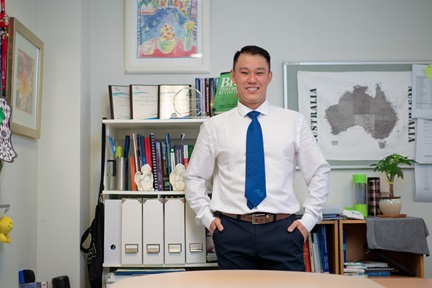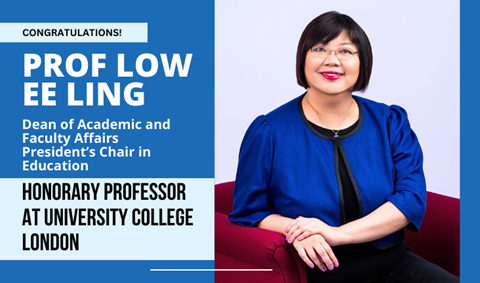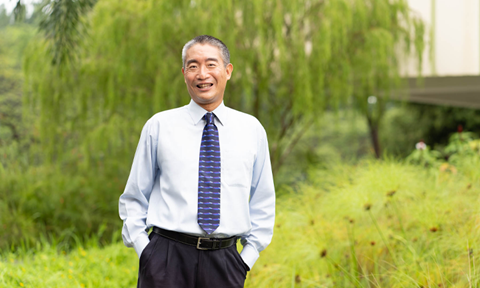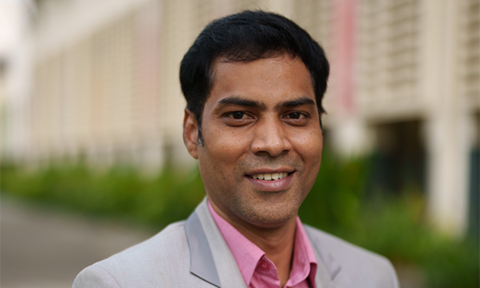Commentary: Tackling 'educational regrets' among youth over post-secondary choices requires a radical mindset shift

In 2021, 97.2 per cent of the Primary 1 (P1) cohort that entered school in 2011 progressed to post-secondary education. This is a big jump from 67.7 per cent for the 1995 P1 cohort.
Teachers provide guidance to make sure that students have all the information to select a post-secondary educational institution (PSEI) programme. But how do students feel?
Our study on educational pathways of around 4,000 post-secondary students indicates that most do like their current courses. They are committed to doing well and recognise its relevance for future work.
But what is surprising is, despite all the information, about 1,000 students still regret their choices.
Students who chose the A-level route wish they enrolled into polytechnic instead, while others wished they had selected a different course of study.
MULTIFACETED EDUCATIONAL REGRETS
Reasons for educational regrets are multifaceted. It could be driven by gaps between performance and expectations of success, concerns with employability, or even peer comparisons.
Fleeting response to uncertainty between aspirations, expectations, and reality is also not uncommon in this life stage.
After all, as neuroscientist Frances Jensen writes in “Teenage Brain”, “even the smartest, most obedient, meekest kid will do something stupid before “graduating” from adolescence”.
Regardless, a quarter of our sample expressing regret concerns us as our study and others show that regret is usually connected with less positive outcomes such as lower future life optimism, career prospects and emotional stress and anxiety, which all affect well-being.
We wonder if Singapore’s effort to provide a variegated landscape of multiple pathways could have unintentionally created more avenues for regret.
Dr Barry Schwartz talks about the “Paradox of Choice”, where “too much of a good thing” and choices paralyse decisions, leading to stress and anxiety.
When we (the authors) were growing up, it was almost like the educational path “picked” us.
If we didn’t like it, we blamed the “rigid system” that forced us to choose between studying or working. Now, with so many options available, one must select.
But with all these good options, picking the “right” choices can be daunting.
Singapore has done much to provide ECG (Education and Career Guidance) professionals and portals to guide young people through post-secondary transitions.
But regardless of how well trained or intentioned counsellors and coaches are, or how comprehensive the SkillsFuture job skills database, there will be limits to its efficacy.
The success of these platforms hinges on youths being interested in themselves and their future.
But often, many youths lack maturity of self and future forward awareness. They may also lack the emotional literacy to communicate their preferences.
BRIDGE THE GAP
This gap needs to be better bridged if we want to better engage youths to better construct their post-secondary pathways.
They need more well-facilitated, non-judgemental conversations to spark self-discovery.
While there are more trained counsellors and programmes in schools than before, we need to multiply inquiry-based dialogues with open-minded adults.
But this role is not easy for adults, be it teachers or parents, because we are often too eager to dispense advice based on our own experience.
Adults need to be “re-educated” for this purpose. The recent enhancement of the teacher-work attachment scheme to encourage teachers to experience work beyond the school, so that they can better engage their students, is a promising move. But other adults also need to step up.
To smoothen the post-secondary transition, more can also be done to clear youth misconceptions about the world of work that could lead to unnecessary anxieties.
Official statistics indicate that post-secondary employment numbers remain high and starting salaries have risen over the years, but do youths feel positive?
Critical for such work-awareness building, is that we help our youths better appreciate how workforce demands are changing. To internalise how lifelong learning aptitudes such as positive self-beliefs, adaptability and resilience are needed to be job-ready after graduation.
In our study, post-secondary students who identified potential employers and interacted with adults employed in careers of interest were less likely to experience difficulties in career-related decisions and expressed higher confidence in future career prospects.
Our education system has available resources to support students in their journey from school to work, and under the new Character and Citizenship Education curriculum, there is a strong focus on strengthening students’ sense of purpose and self-directedness from a young age.
But how can youths truly engage with their future? A radical shift in mindset is critical and students cannot do it alone.
MINDSET SHIFT TO ‘ACADEMICS APPLIED’
Post-secondary can no longer be about accumulating perfect grades because competencies demonstrated on the job are much more critical than what is on the transcript.
This mindset shift from “academics in abstract” to “academics applied” underpins any successful transition. Meaningful internships, from a young age, where students are guided to collaborate and contribute are a powerful avenue for such learning.
It can be further strengthened by having mentors to process such transformative experiences. We need to focus on the quality of the process and not just the quantity of outcomes.
Lastly, students need circles of social networks, both in and out of school, to support their sense of purpose and wellness.
This sense of well-being is malleable and sensitive to relationships in families, with peers, teachers, and communities.
Our research indicates that regardless of post-secondary institutions, teacher and parental support are significantly related to positive schooling experience. Peer support is correlated with the ability to adapt and respond to uncertainties in the environment – a crucial 21st century competency.
Friendships matter to teenagers. Students need multiple networks of relationships. When one is weakened, others can be tapped on.
Schools are natural places to build such bonds. We need to find even more time and space for students to connect and engage with peers in interest-based experiential activities. To discover themselves together.
Successful transitions to post-secondary are not always clear, and some regret is inevitable. But creating avenues for students to gain clarity about themselves, understand their future world of work, and experience support from multiple social networks will help smoothen the process.
This strong positive start to post-secondary education is a needed spark if we want our youths to learn for life.
ABOUT THE AUTHORS:
Dr Trivina Kang is Associate Dean, Professional & Leadership Development, Office of Graduate Studies and Professional Learning; and Dr Melvin Chan is Assistant Dean, Office of Education Research at the National Institute of Education, Nanyang Technological University.
Read the original article here.
Source: TODAYOnline © Mediacorp Pte Ltd. All rights reserved




.tmb-listing.jpg?Culture=en&sfvrsn=60db54e_1)


.tmb-listing.jpg?Culture=en&sfvrsn=89bab729_1)